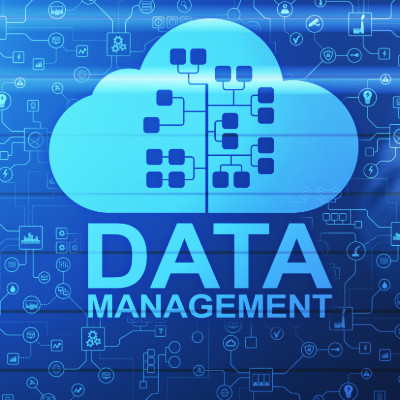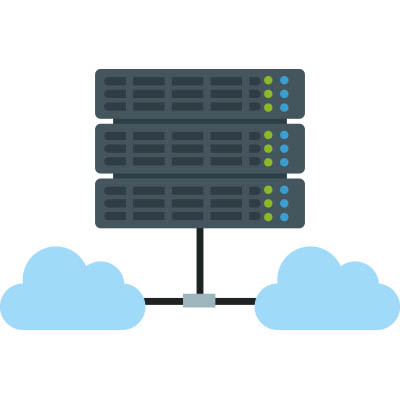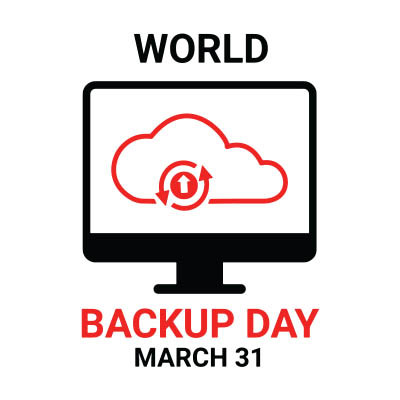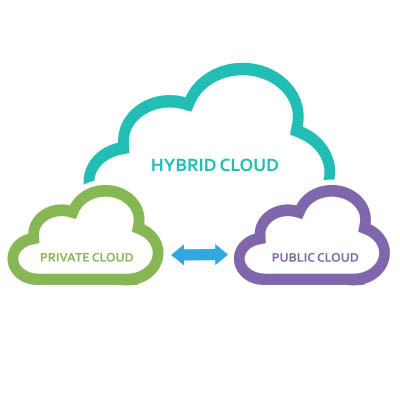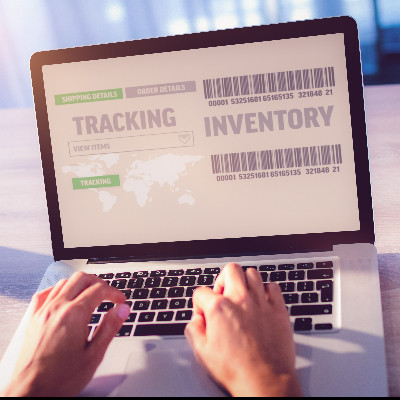Small businesses today generate a lot of data. From customer details and sales records to inventory tracking and employee schedules, you need to be able to structure this data so that you can use it effectively. Keeping that data organized and accessible is important, but managing it effectively can often be a hassle. This is where smart database management comes in. When done right, it helps businesses run smoother and often save money.
Apex Technology Blog
It is great to have pride and confidence in your business, especially in the team you’ve assembled… including your in-house technical support team. That said, even the most capable IT team may not fully meet a business’ needs.
Let’s explore why this is and what can be done to correct any deficits your team may encounter.
Data storage can be difficult for SMBs to manage, but the cloud can make it significantly easier (and cheaper). There are real, tangible benefits of using the cloud for your data storage needs. Today, we’ll look at three major reasons why your organization should have cloud storage on its list of tech infrastructure priorities in the coming months.
Bring Your Own Device, or BYOD, is a common approach for businesses that want to take advantage of mobile technology to kickstart productivity. Instead of supplying each individual employee with company-owned devices, businesses allow employees to use their own devices for work-related purposes. While this is great on the budget, it’s only really effective (and safe) if the employee prioritizes security on their devices; otherwise, it’s a liability.
Today is World Backup Day, an annual reminder that losing your data is just one accidental delete, cyberattack, or spilled drink away. The idea is simple: back up your files before disaster strikes. Because trust me, nothing ruins your day faster than realizing all your work, memories, and important files have vanished.
We’re sure your business has at least a couple of employees who spend part of their workday in a different location, but are you doing all you can to help them be as productive as possible? While remote work is beneficial in so many circumstances, there are a lot of caveats to it that must be considered. Today, we want to go over how you can mitigate risk and keep remote work from becoming a liability for your company.
Whether you’re aware of it or not, you’re likely already utilizing the cloud in at least some capacity. The trick is to find the best way to manage your business’ cloud so that it works for your organization’s specific needs. Today, we want to look at the different types of cloud management policies and why you need to weigh your options to get the most value for your business.
It’s no secret that Google Chrome is one of the most popular web browsers in the world, if not the most popular. Still, most people don’t use the browser to its full potential, and they leave so many wasted opportunities to save time and resources on the table. Today, we want to highlight some of these tips, but also a couple of features that perhaps you didn’t know existed for Google Chrome so you can continue to get more value out of it as a business and productivity tool.
The Android operating system periodically receives updates and patches detailed in online publications called Android Security Bulletins. In the March 2025 edition, Google announced that 43 malicious bugs had been resolved, two of which were zero-day vulnerabilities.
Let’s talk about how to implement these fixes and why this is a practice that should reach every aspect of your business’ IT.
It should come as no surprise that cybersecurity is a big challenge for businesses and individuals alike. The problem: life pretty much revolves around being online these days, so there’s no avoiding it. Therefore, it’s your responsibility to ensure that any data you collect from your customers, employees, and other key stakeholders in your business is well-protected, otherwise you will face severe consequences.
Smart speakers have been around for a while, but let’s be honest—they haven’t exactly changed the world. Sure, they’re great for playing music, setting timers, and answering random trivia questions, but beyond that? Not much has evolved. So, how did we get here, and what’s next? More importantly, can they actually be useful for businesses, or are they just another gadget collecting dust?
Besides all of those people who are advocating for the scaling back or non-implementation of tools to save jobs, most people understand the benefit of automation when it makes sense. Not only do machines tend to do certain tasks more effectively, they never willingly take a day off. Unfortunately, for every task that needs to be completed less than half can be automated, and that number drops even further when you take into account everything a human does at their job. Today, there are very few jobs that can be fully automated; even as AI has begun to be used more for business. This week, we wanted to discuss why automation may not be the answer you are looking for and why training humans holds a lot of value.
If I were to ask you what technology your business possessed and where it all was right now, could you give me an answer? If not, you’ve demonstrated the importance of keeping an accurate inventory of your business’ IT.
So, let’s go over some best practices to make managing your business’ IT inventory more effective.
We’ve all had to confirm we’re not a computer when attempting to log into an account. This is the core purpose of what once was called CAPTCHA… the Completely Automated Public Turing test to tell Computers and Humans Apart. However, it seems surprising that computers don’t easily overcome these simple-seeming tests.
Let’s dig into why these simple tests actually are effective at differentiating between human users and automated bots.
In the United States, tax season is prime time for hackers to take advantage of law-abiding, tax-paying citizens. They do this through all kinds of nefarious activities, such as phishing attacks conducted through text messages and emails claiming to be from the Internal Revenue Service. If you want to avoid getting scammed this tax season, be sure to keep the following tips in mind to stay safe while you conduct your typical tax routines.

